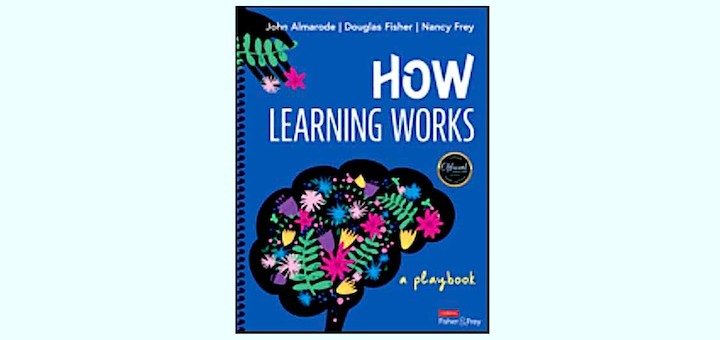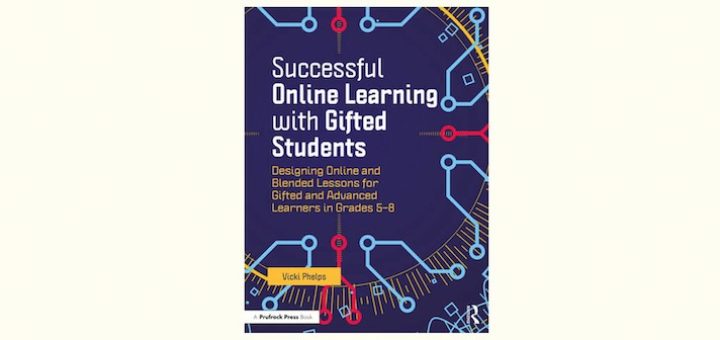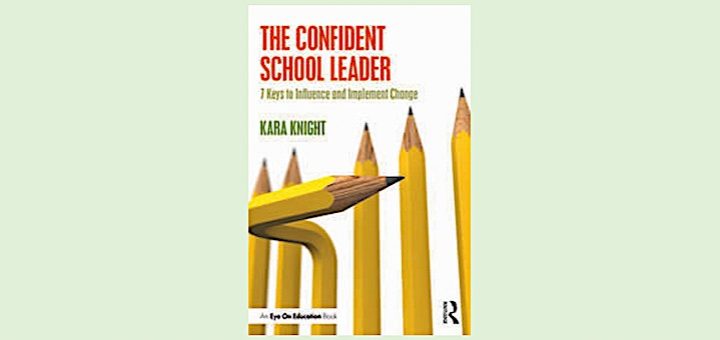5 Civic Education Steps to Preserve Democracy
If we do not invest more of our school time and resources in creating well educated citizens, there will be dire consequences. Educators Shawn McCusker and Tom Driscoll offer educators five steps to make civic education more meaningful and help contribute to a healthy democracy.




















